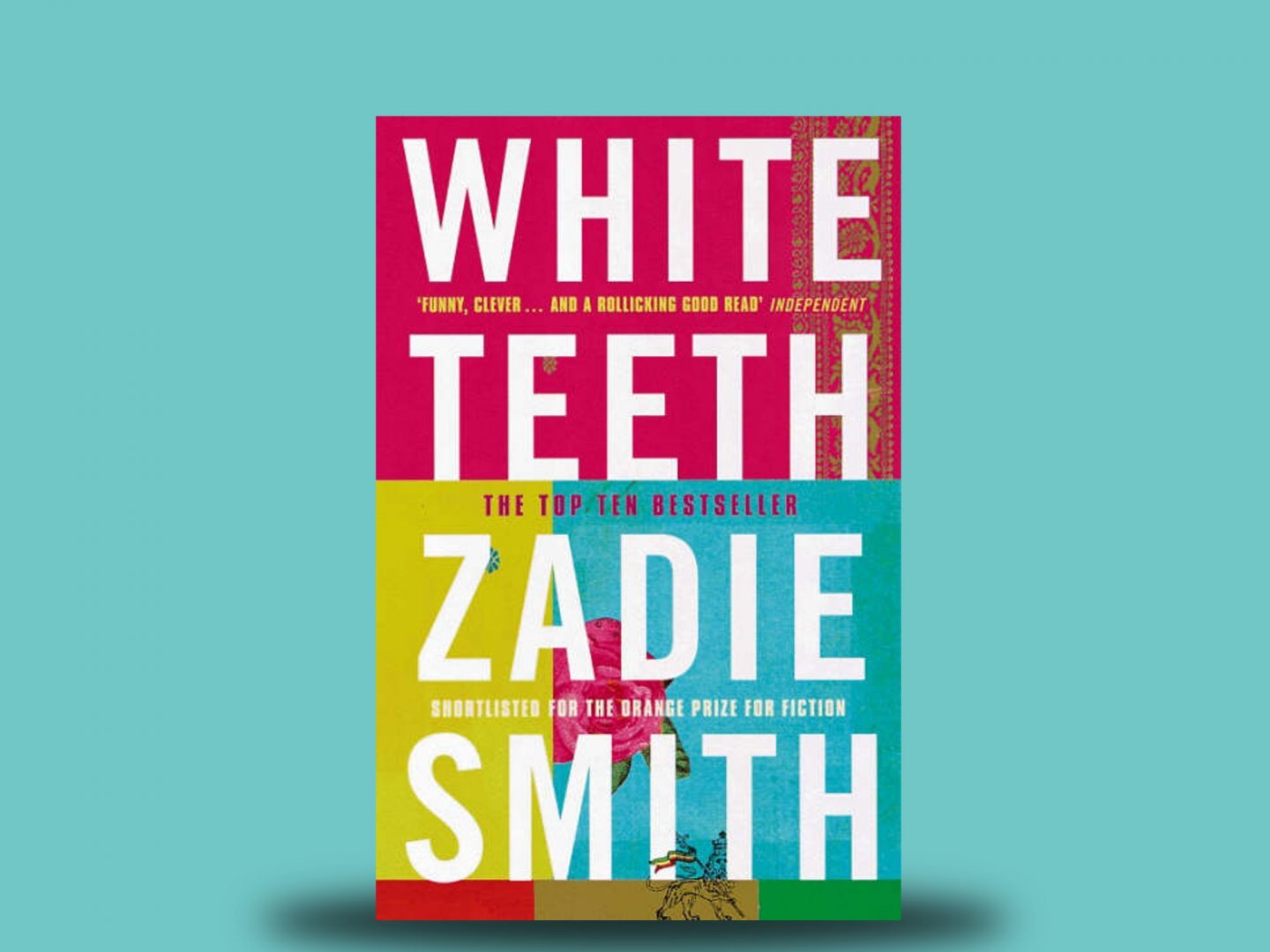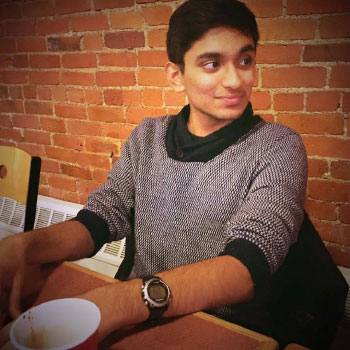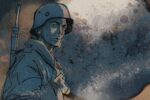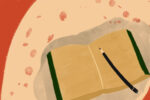It’s been just over a month since hundreds of white supremacists marched through the streets of Charlottesville, Virginia, armed with tiki torches and a variety of racist chants. “Blood and soil,” the well-known Nazi slogan, was a popular one, as were “you will not replace us,” and the more spurious “Jews will not replace us” (curious, considering Jewish Americans account for less than 4 percent of the population).
“The Great Melting Pot” has always had a way of both accepting and rejecting its multifarious ingredients; the noxious sentiments expressed in Charlottesville are part and parcel of a recent cycle of rejection of multiculturalism and the growing diversity of the American public. White Americans feeling as if they’re losing their culture and identity is something of a wonder to me. As a member of “multicultural” America, I often envy the ability of white Americans to unabashedly claim their space in the national fabric without having to prove the validity of their “Americanness.”
Questions of belonging have always been amplified in multicultural communities, especially in second generations where children of immigrants feel disconnected not only from their parents’ homeland, but also from the nation in which they were born. Enter Zadie Smith’s debut novel, “White Teeth,” which dwells in that area of ambivalence, depicting the growing pains of a society struggling to adjust to the challenges posed by a burgeoning multicultural presence.
“White Teeth” is a remarkable piece of work by any standard. Smith was just twenty-four when it was published, though she had started the writing process when she was twenty, and when it was officially released in the United Kingdom in January 2000, initial reviews hailed it as revolutionary, set to alter to the course of literature in the twenty-first century.
“White Teeth” is a warm, funny and sprawling book that doesn’t shy away from tackling daunting themes, including immigration, race and class, national and regional cultural identity, and the relationship of postcolonial subjects to their previous colonial masters. Did I mention it doubles as a master class in radicalization studies, providing us an oddly prescient, pre-9/11 analysis of the ways in which modern terrorism is formed and nurtured?
Set in Willesden, a borough of London’s multicultural northwest, “White Teeth” details the intersecting lives of three families: the biracial Joneses, the Bengali Iqbals and the Jewish Chalfens. Smith doesn’t assign “White Teeth” a central plot, choosing instead to divide the novel in four parts, each one focusing on the concerns of a different character
Warning: spoilers ahead.
Although all four parts sparkle with Smith’s signature wit, part two, which tells a story of the patriarch of the Iqbal clan, Samad Miah Iqbal, and part four, which chronicles the relationship between his identical twin sons, Magid and Millat, are the most incisive sections of the book. Samad is a World War II veteran-turned-waiter from Bangladesh who’s unhappy with his London life and is worried that life in a western country will corrupt his sons. He rails against the English whenever he can, holding up orthodox Muslim values as the only model of moral living.
He becomes so caught up in his ideals that (in order to ensure at least one of his sons turns out to be a good Muslim boy) he splits the family apart, sending Magid back to Bangladesh to receive a traditional Muslim education. Millat, on the other hand, remains in London, caught in the crosshairs of British and Bengali culture. Unable to reconcile the two sons, Samad gravitates towards a fundamentalist group called the Keepers of the Eternal and Victorious Islamic Nation (K.E.V.I.N. for short). The great irony of the story is that Magid returns from Bangladesh greatly interested in western lifestyles while Millat rejects the west in favor of radical Islamism.
Common thought dictates today that terrorism is a problem imported by foreigners and refugees. One needn’t look further than Donald Trump’s proposed travel bans to understand how this dogma is reified. Yet, a study by the Cato institute found that of the 3.25 million refugees, only twenty have carried out terrorist attacks. The notion that terrorism can be solved if only the influx of immigrants was stopped and the growth of a multicultural citizenry was halted is woefully misguided.
Such discourse feeds into the narrative of the east/west divide, which regards western civilization as the pinnacle of human progress and casts the east as the dangerous “other,” and does nothing to get to the root of the problem of terrorism in the west. Magid in “White Teeth” subverts the notions of the uneducated, illiterate masses waiting at our doorsteps, ready to take our jobs and murder our people; instead, he returns to London a remarkable student interested in patent law and western science, much to the chagrin of his traditionalist father.
As CNN national security analyst Peter Bergen notes: The problem is not without; it’s within. According to Bergen, “every lethal terrorist in the United States since 9/11 has been carried out by an American citizen or a legal permanent resident.” Millat is about as “western” as they come: He smokes marijuana, sleeps around with girl after girl, and “mate” punctuates every one of his sentences. However, as Samad slowly chips away at Millat’s British identity, shaming him for not carrying himself with the stature of a proper Muslim man, Millat starts to disengage from society.
When the ground beneath your feet crumbles, what do you do? You try to find new ground. Millat searches for anything that can return him that sense of belonging and unfortunately for him, he is seduced by extremist ideology. Even though Millat isn’t particularly pious, K.E.V.I.N. gives him a space where he can breathe. Millat’s dilemma is one facing the world’s multicultural youth—especially multicultural Muslim youth. When everyone around you spotlights the imperfection of your cultural existence, what’s to stop a malicious force from exploiting your insecurity?
Multiculturalism may beget split identities, but I believe it can remedy them as well. At the end of “White Teeth,” the Joneses and the Iqbals reunite after a period of discontent to play cards; Millat plants flowers in a garden as a part of his mandatory community service for an attempted terrorist strike (Magid joins him, since the judge cannot tell the twins apart). Warmth and understanding can grow out of cultural exchange. No one is irredeemable. The business of adjusting for multicultural presences requires a healthy dose of not just tolerance, but kindness, too. People migrate, push into new territories to establish new lives and identities.
There is, of course, a discomfort in submitting to change, but it’s something the American public has to push through. Embracing multiculturalism with all its jagged edges and complications creates a stable space in which second generation children vulnerable to extremist ideologies can negotiate and come to terms with their bifurcated consciousness. “Blood and soil” can only get you so far in a world where both substances have forever commingled. “Blood and soil” is the coward’s cry. America is many things, but a land of cowards it most certainly is not.

















